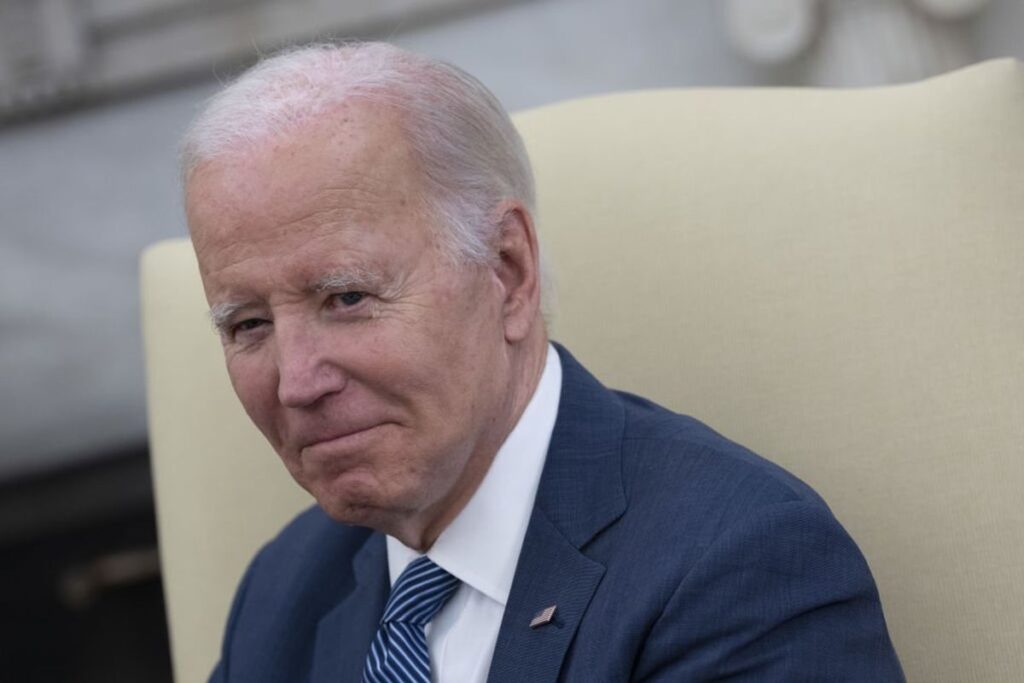Bold Introduction: The Biden campaign is raising alarms over YouTube’s policy change allowing content that claims mass fraud during past presidential elections, fearing potential violence and democratic decay.
Body: Biden campaign spokesperson, Kevin Munoz, recently expressed concern over YouTube’s decision to cease removing videos claiming that prior presidential elections, such as the 2020 contest, were fraught with mass fraud, errors, or glitches. Arguing that the decision is both reckless and irresponsible, Munoz called on the video platform to reverse its course and reinstate strict policies against such content.
Last week, YouTube stated that its policy shift was prompted by the desire to prevent limiting political speech while addressing misinformation. The platform emphasized that continuously curbing such content might not meaningfully contribute to reducing violence risks or other real-world harm. Instead, YouTube aims to strike a balance between freedom of speech and the prevention of misinformation.
With the 2024 presidential campaign heating up, this policy shift has raised tensions between current stakeholders. Former President Donald Trump, who has consistently claimed that the 2020 election was rigged against him, is currently the leading contender for the GOP nomination in the upcoming race. A potential rematch with President Joe Biden is on the horizon, as the latter seeks re-election and is widely expected to secure the Democratic nomination.
Meanwhile, new candidates continue to enter the presidential race, including former Vice President Mike Pence, North Dakota Governor Doug Burgum, and former New Jersey Governor Chris Christie. These contenders join an ever-growing field of hopefuls, such as Florida Governor Ron DeSantis, Vivek Ramaswamy, Larry Elder, former U.N. Ambassador Nikki Haley, U.S. Senator Tim Scott of South Carolina, and former Arkansas Governor Asa Hutchinson. Former Montana Secretary of State Corey Stapleton is also in the running.
Despite the contentious atmosphere surrounding the elections, it is essential for online platforms like YouTube to make responsible decisions that maintain the delicate balance between addressing misinformation and respecting the freedom of political speech. As the electoral landscape shifts and evolves, it will be necessary for companies to continuously evaluate and revise their policies in order to safeguard democratic values and prevent further escalation of tensions among the American populace.
Bold Conclusion: YouTube’s policy change to allow content claiming mass fraud in past



